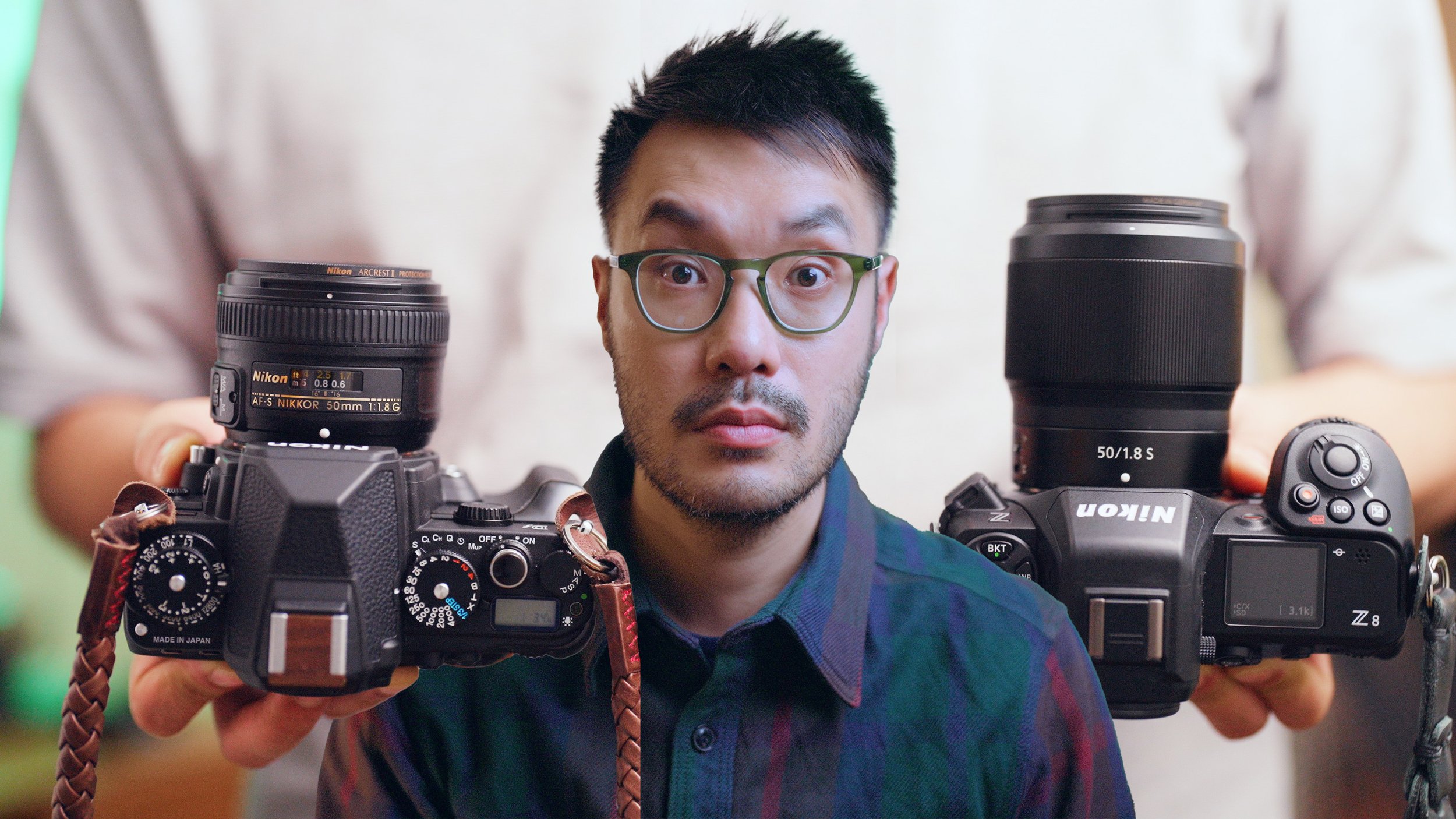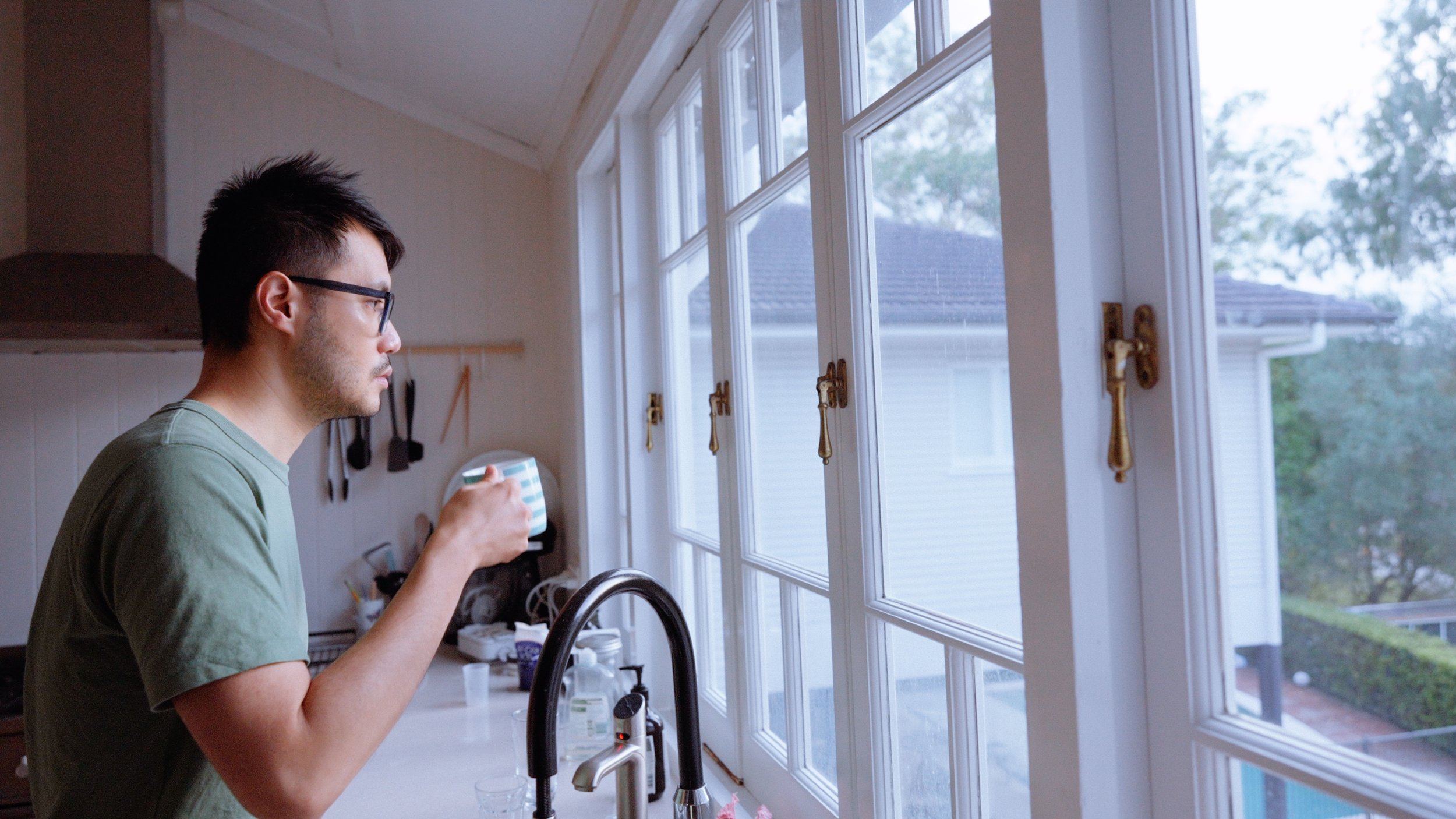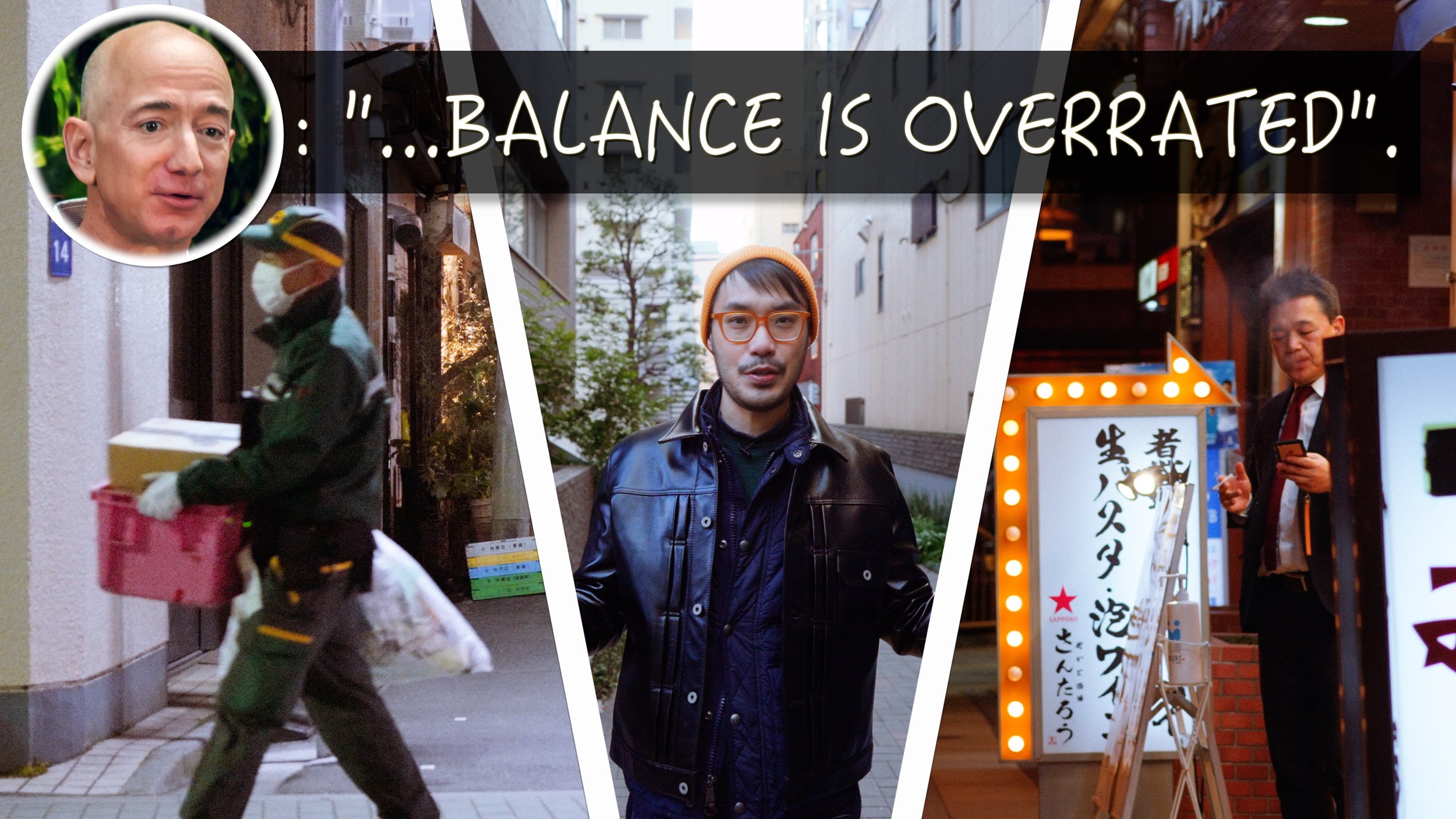



The One Percent Rule
17 April 2023
We may be impatient waiting for the arrival for our more accomplished and capable future selves, but the Japanese have an answer for this.

Our Reason for Being
11 April 2023
What can the Japanese people - one of the hardest working cultures and societies across the industrialised globe - teach us about dedication and balance?

Who we know
3 April 2023
After giving 1000 lectures to > 100,000 College and University students, what's the biggest lesson I've learnt over the past 15 years?

What keeps us awake
29 March 2023
In an education sector filled with emerging "threats", which one should teachers focus on first?

WWBD: What would Bezos Do?
6 March 2023
Jeff Bezos - yes that Jeff Bezos - founder, multi billionaire, and former CEO of Amazon, is on the record as not believing in the concept of “work life-balance”, that it’s overrated and somehow work ethic has become under-rated. Is his over-the-top approach to work the only one that “works”? WWBD?

The Final Hurdle
27 Feb 2023
It’s a bit of an unwritten rule really. Scientists, professors, academics, or faculty members are generally not “allowed” to show weakness. While there has been (slow) progress towards broader acceptance of physical, emotional, and mental vulnerabilities in the workplace, there is one hurdle in Higher Education that is not going away any time soon. None of us are allowed to be stupid.

Levelling Up
20 Feb 2023
Impostor Syndrome is most commonly discussed as a liability, a personal flaw, something that holds you back professionally and personally. But what if we flip the phenomenon on its head, and recognise that we only feel like an impostor because we know enough to understand our own limitations? That it’s exactly this type of vulnerability and openness that we should expect of all of our leaders, and if you understand the value of this phenomenon it may be the thing that takes your career to the next level?

Reinvention
13 Feb 2023
The general consensus is that impostor syndrome is a weakness that you need “overcome” by giving yourself a pep talk in the mirror, but what if we flip this phenomenon on its head? That knowing what we don’t know is not a sign of weakness, but a strength to seek knowledge and collaboration? That it’s exactly this kind of mindset that leads to you pushing against any professional box or ceiling to learn new skills as part of your long-term career arc?
